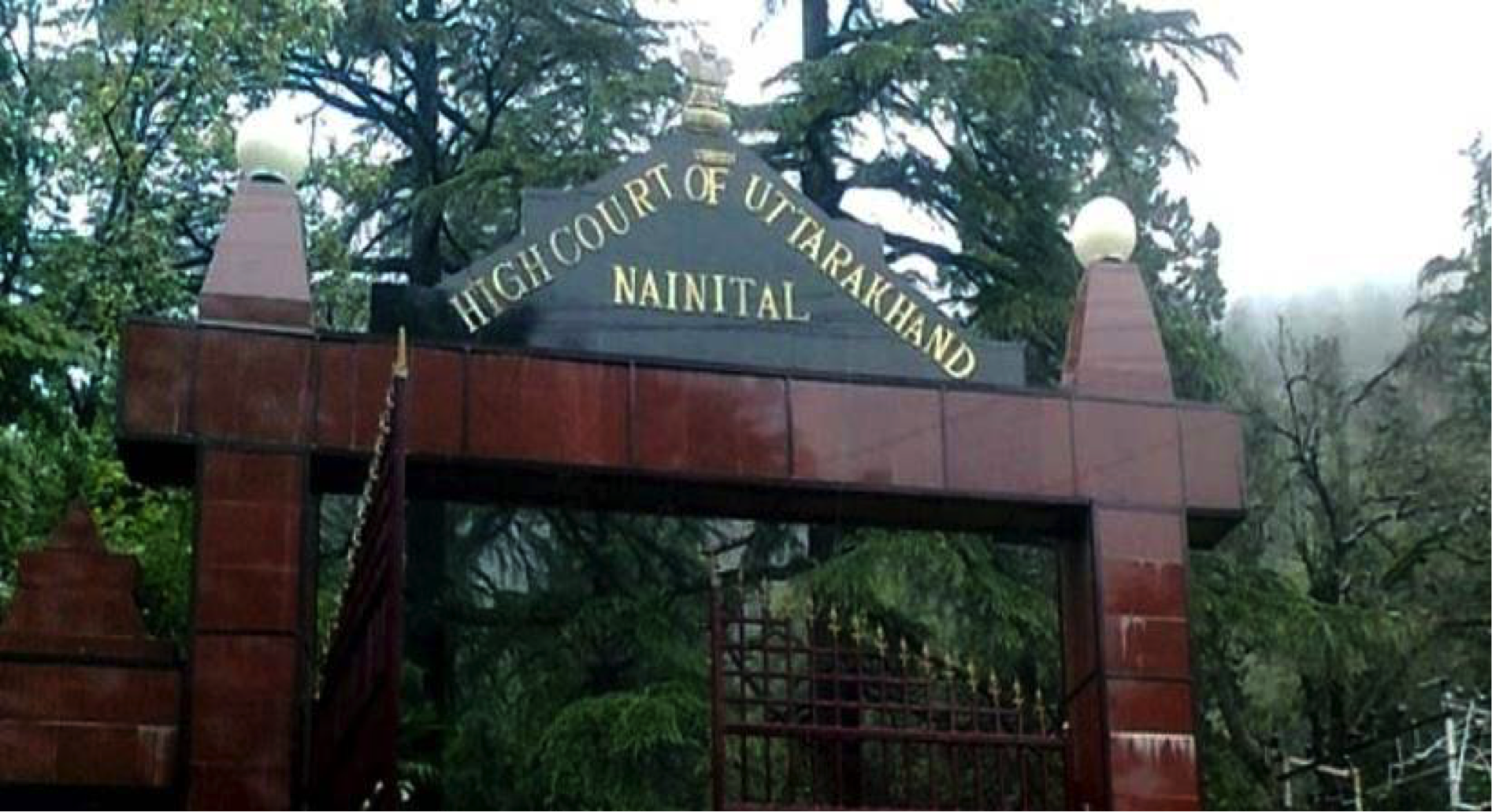Uttarakhand Bar Association disagrees with Supreme Court Bar Association proposal on the elevation of judges

The News Making Headlines
High Courts are the highest judicial body at the State level. Article 214 of the Constitution of India lays down the authority for the 25 High Courts in India with 6 having control over more than one state/UT. The leading national daily the Hindu and the Economic Times reported the news that the Uttarakhand High Court Bar Association President has termed a Supreme Court Bar Association proposal for the elevation of 48 apex court advocates as high court judges as something “worth putting in the trash can”. The protest statement in circulation is from Mr Rawat, the President of the Uttarakhand Bar Association.
The issue came to the limelight with Supreme Court Bar Association recommending 48 ‘Advocate on Record’ Supreme Court advocates for recruitment as judges in high courts across the country as per the newspaper. The protest was cited for the reasons the advocates who do not belong to Uttarakhand and have not practised law in the Uttarakhand High Court cannot be expected to know about traditional laws and the social system of the state. Even otherwise, in 1993 a collegium of judges of the high courts and Supreme Court was given the right to identify qualified advocates to be elevated as judges. Therefore, any such recommendation has no legal validity, Mr Rawat, the President of the Association was quoted by the newspapers said.
Process of Appointment of the High Court Judges
High Courts exercise civil or criminal jurisdiction only if the subordinate courts in the State are not competent to try the matters. High Courts may take appeals from lower courts. High Court judges are appointed by the President of India upon consultation with the Chief Justice of India, the Chief Justice of the High Court and the Governor of the State. The proposal for appointment of a Judge of a High Court shall be initiated by the Chief Justice of the High Court. However, if the Chief Minister desires to recommend the name of any person he should forward the same to the Chief Justice for his consideration. Since the Governor is bound by the advice of the Chief Minister heading the Council of Ministers, a copy of the Chief Justice’s proposal, with full set of papers, should simultaneously be sent to the Governor to avoid delay.
Similarly, a copy thereof may also be endorsed to the Chief Justice of India and the Union Minister of Law, Justice and Company Affairs to expedite consideration. The Governor as advised by the Chief Minister should forward his recommendation along with the entire set of papers to the Union Minister of Law, Justice and Company Affairs as early as possible but not later than six weeks from the date of receipt of the proposal from the Chief Justice of the High Court. If the comments are not received within the said time frame, it should be presumed by the Union Minister of Law, Justice and Company Affairs that the Governor (i.e. Chief Minister) has nothing to add to the proposal and proceed accordingly.
The Union Minister of Law, Justice and Company Affairs would consider the recommendations in the light of such other reports as may be available to the Government in respect of the names under consideration. The complete material would then be forwarded to the Chief Justice of India for his advice. The Chief Justice of India would, in consultation with the two seniormost Judges of the Supreme Court, form his opinion in regard to a person to be recommended for appointment to the High Court. The Chief Justice of India and the collegium of two Judges of the Supreme Court would take into account the views of the Chief Justice of the High Court and of those Judges of the High Court who have been consulted by the Chief Justice as well as views of those Judges in the Supreme Court who are conversant with the affairs of that High Court. It is of no consequence whether that High Court is their parent High Court or they have functioned in that High Court on transfer.
After their consultations, the Chief Justice of India will in course of 4 weeks send his recommendation to the Union Minister of Law, Justice and Company Affairs. Consultation by the Chief Justice of India with his colleagues should be in writing and all such exchange of correspondence with his colleagues would be sent by the Chief Justice of India to the Union Minister of Law, Justice and Company Affairs. Once the names have been considered and recommended by the Chief Justice of India, they should not be referred back to the State Constitutional authorities even if a change takes place in the incumbency of any post.
For appointments in High Courts with supervision over more than one state or UT, the Chief Justice would initiate proposal and forward his recommendations to the Governor of the State where the seat of High Court is situated, and in the case of High Court of Punjab & Haryana, to the senior of the two Governors of these States, who would do the coordination and obtain the views of other Governor and Chief Ministers concerned in writing and forward the same along with the recommendations of the Chief Justice of the High Court to the Union Minister of Law, Justice and Company Affairs for further appropriate action as prescribed in para 15 above. In case, any of the State authorities wish to recommend a name different from the one recommended by the Chief Justice of the High Court, he should send the same to the Chief Justice of the High Court concerned for his consideration. The initiation of a recommendation for filling up of a vacancy would be made only by the Chief Justice of the High Court concerned.
Justice RF Nariman, who retired from the Supreme Court earlier this month after seven years as a top court judge, said being a judge was “gruelling”, “tougher” than being a lawyer. He said “merit” must trump all other factors being weighed in while picking judges of the top court.





